| And help fetal development baby food and nutrients
Pregnant and lactating women do not have to eat “two component” should choose to eat nutritious foods that better meet the development of the fetus and the baby the necessary nutrients, but also to avoid excessive intake of calories so that excessive weight increase, resulting in gestational diabetes , birth weight and other problems too.
Important nutritional needs
Early pregnancy (the first thirteen weeks) demand for folic acid, iodine and vitamin A on the increase.
Pregnancy late (fourteenth to forty weeks) demand for calories and protein to improve fetal growth for injection. In addition to folic acid, iodine and vitamin A, but should also increase the intake of iron, zinc and omega-3 fatty acids; required for calcium Yijiao not pregnant slightly higher.
Lactation intake of extra calories, about 500 calories, should also increase the intake of protein, folic acid, iodine, zinc, vitamin A and omega-3 fatty acids, in order to ensure that the nutrient content of milk.
NOTE UN expert’s report FAO calorie needs (2001) suggest that if the amount of physical activity for pregnant women remained at the level before the pregnancy, the average mid-pregnancy needs extra 285 kilocalories per day, while the latter will need 475 kcal.
Folate
Folic acid can help prevent pregnant women suffer from anemia and fetal neural tube defects (brain or spinal congenital abnormalities);
Women who are pregnant and early pregnancy should take folic acid supplements to plan;
Pregnancy, post and during lactation, women should eat folate-rich foods can also take supplements containing folic acid.
The main food sources of folic acid
Dark green leafy vegetables such as cabbage;
Dried beans, legumes, such as lentils, peas;
Fruits, such as cantaloupe, orange;
liver;
Added folic acid breakfast cereals;
Peanuts, nuts.
Vitamin A
Vitamin A helps vision development is a necessary element to maintain normal growth and immune function;
Red and yellow fruits and dark green leafy vegetables and yellow vegetables, such as cherry tomatoes, carrots, pumpkin, sweet potato, rich in carotene, can the human body into vitamin A;
Diet, eat more vegetables and fruits rich in color, the right amount of eggs and milk will be able to meet the body and the fetus needs.
The need to avoid taking supplements containing high amounts of vitamin A
Excessive long-term use of vitamin A supplements (such as cod liver oil), can harm the liver;
Taking too much vitamin A during pregnancy may cause fetal defects.
Selection of nutritional supplements before, you should consult a registered pharmacist or medical advice.
iodine
Iodine is a trace element necessary to maintain the body’s metabolism and thyroid function;
Fetal and infant growth and brain development must have enough iodine; iodine deficiency can harm the developing brain.
Pregnant women and breast-feeding period, it is necessary to increase the absorption of iodine; World Health Organization recommends a daily intake of iodine should be 250 micrograms of iodine;
In Hong Kong adult diet, pregnant and lactating women are generally more difficult to consume enough iodine, it is necessary to consider taking iodine for pregnant women multivitamin and mineral supplements.
Iodine-rich foods
Providing iodine foods, including: seaweed, kelp, fish, seafood (such as shrimp, mussels, oysters, etc.), egg yolk, milk or milk products;
Kelp and other seaweed containing iodine shark food rich;
Since the iodine content of seaweed is very high, Moderate consumption, should not eat more than once a week; the body in order to avoid excessive intake of iodine, thyroid function,
Food iodine * (g) * Food containing iodine (mcg)
1 egg (about 63 g) 18 34 1 g seaweed snack
250 ml skimmed milk 20 Red fish 100 g 36
Cheese 100 g 100 g 35 29 Horsehead
Flower shrimp 100 grams 44 100 grams of canned sardines 19
Mussels 100 g 100 g 18 140 kapok fish
* Source: Department of the HKSAR Government Food Huanjingweisheng Centre for Food Safety Risk Assessment Studies Report No. 45: Hong Kong adult dietary intake of iodine (July 2011) |




